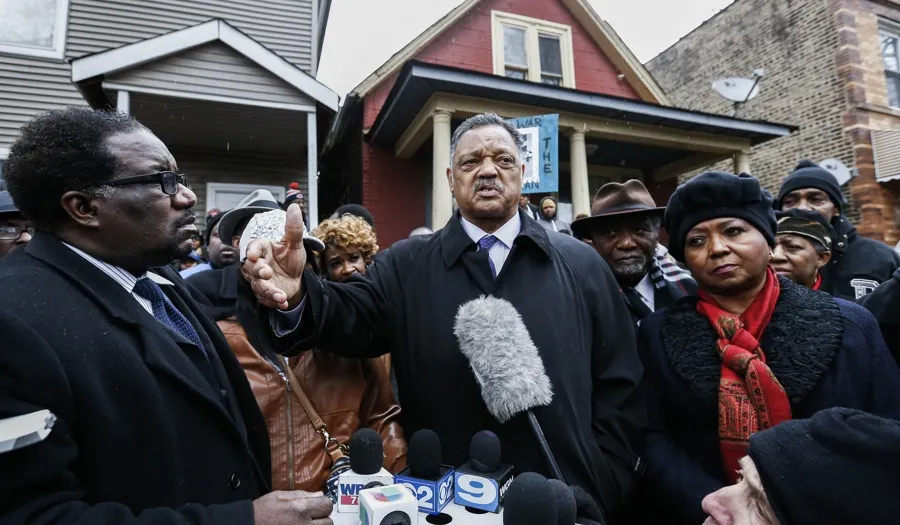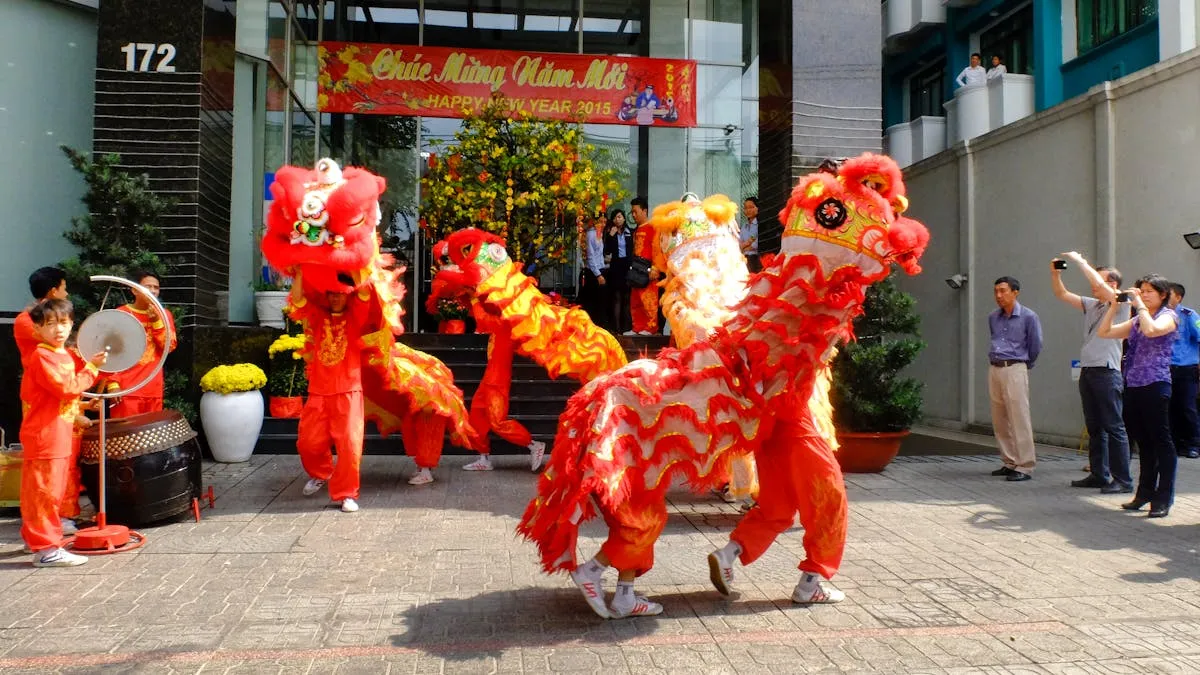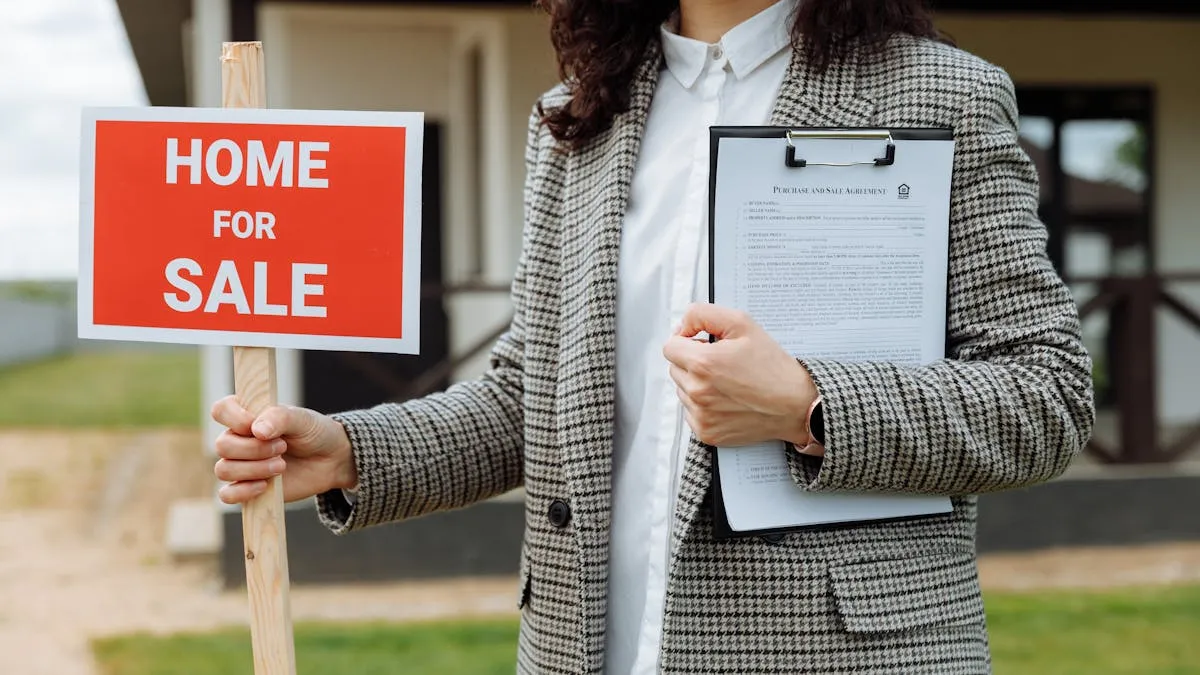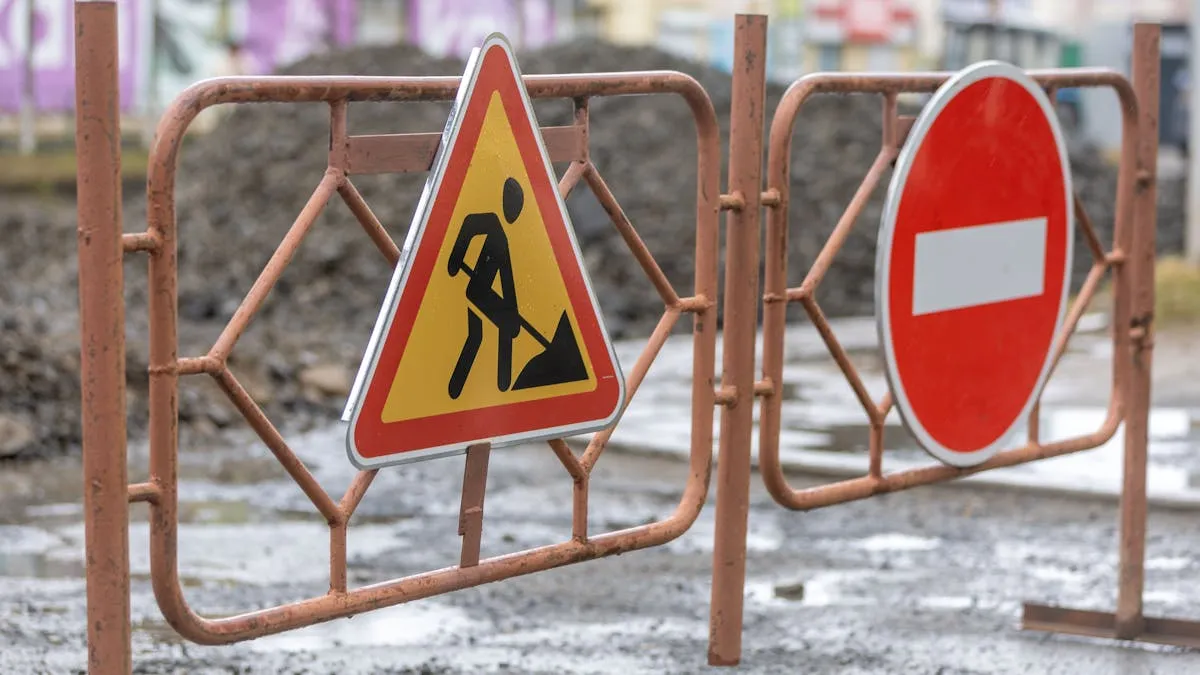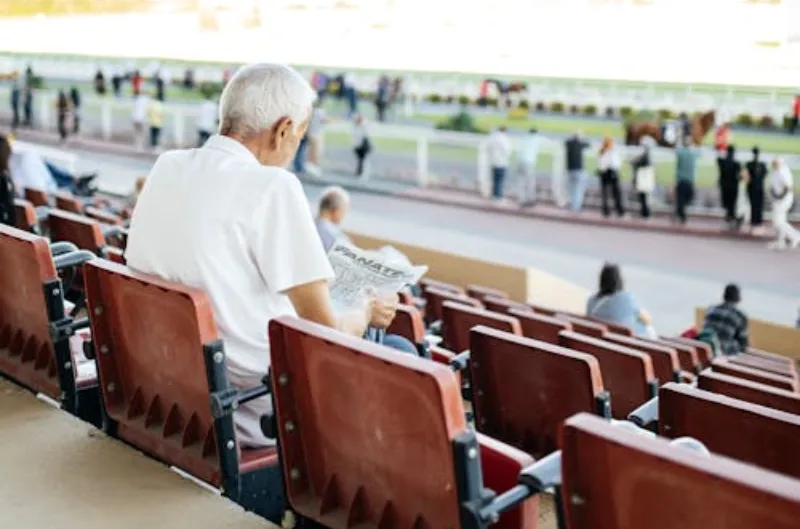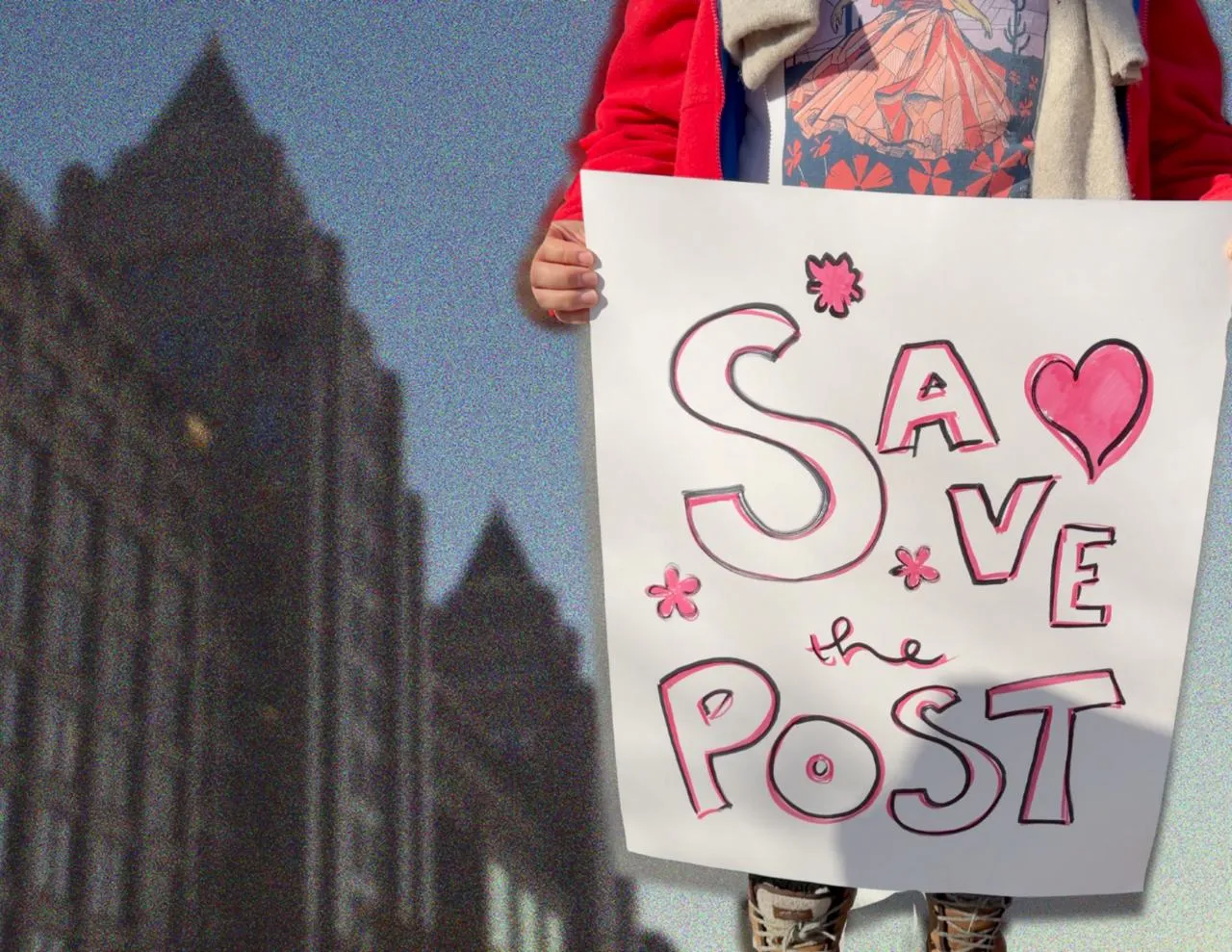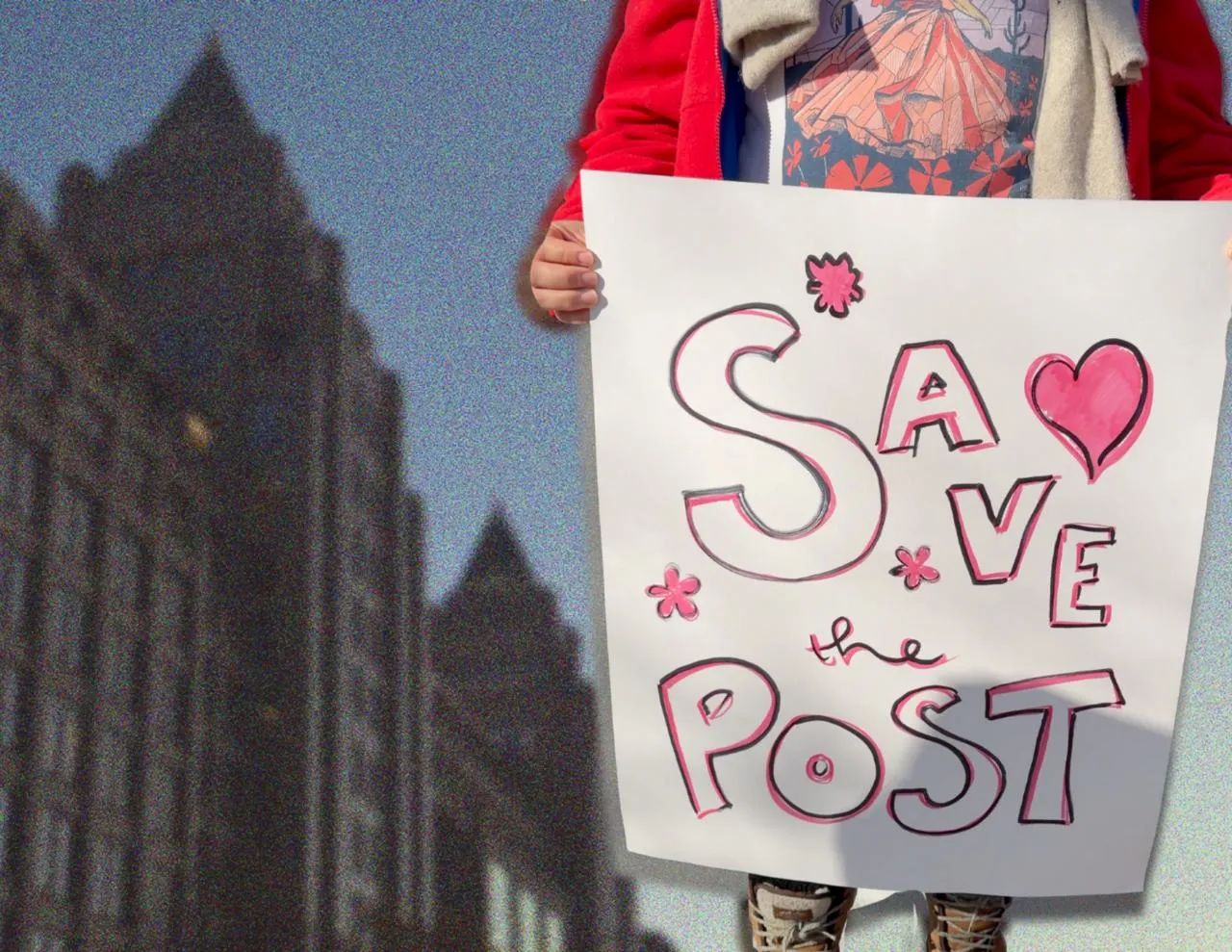1. In 2013 , Nicolás Maduro won presidency. A total 50.66% of the vote in comparison to the 49.07% won by opposition leader Henrique Capriles. The difference was 234,935 votes. With such a tight result it is difficult for Maduro keep calling himself “the president of the poor.” It is clear that he is not the President of “all” the poor in Venezuela.
2. Venezuelan Attorney General Luisa Ortega Díaz said that 13 people have died and at least 147 people were injured in clashes since protests began. Also, 45 people arrested during the demonstrations remain behind bars.
3. Pro government motorcycle clubs were the latest core group to show public support for Maduro. Some opposition protesters have accused those motorcyclists of shooting during demonstrations, somewhat reminiscent of the repressive groups in Iran a decade ago. Maduro represents today a left whose repressive use of power reminds us of the dictatorial style of the military regimes in Latin America during the Cold War. At the time, Washington stood behind those governments. Then came the Carter presidency and the left felt protected and human rights were vindicated. Has the Latin American left gone from being the repressed to being the repressor?
4. Venezuelan Inflation topped 56% last year. Crime rates are high. Goods shortages have left store shelves bare. But the next election is years away, in 2019.
5. Although there are birds “speaking” to Maduro and President Chávez’s image appears on humid walls of humble homes, this is not the country of magical realism. It is the land of pain. Neighborhoods like “23 de Enero” in Caracas, where police do not patrol, are controlled by the Tupac Amaru guerrilla. Their leader, Alberto “El Chino” Carías told Public TV of Spain that if things go wrong in the country, he expects to see “Chavez coming down the hills in defense of his legacy.” This is not magic realism. Try “tragic realism”: over a million Venezuelans have left the oil-producing country within a decade. Every 20 minutes a person is killed in Venezuela. The Consulate of Spain in Caracas is the most sought after —the American Consulate is second. The Spanish Consulate attends between 1,000 and 1,200 people daily who want to apply for Spanish citizenship or visa. Spain grants citizenship to Venezuelans with Spanish ancestors.
6. And what about the Army? Behind Maduro, analysts say. Two purges have taken effect: in 2002, after the coup that left Chávez out of power for 24 hours; and in 2003, after the rebellion of a group of officers.
7. “Look, I’ve got a rock in my hand and I’m the distributor for Adidas eyewear in Venezuela,” said a protestor this week to the New York Times in San Cristobal, capital of the state of Táchira.
Avendaño is editor of El Tiempo Latino
alberto@eltiempolatino.com



